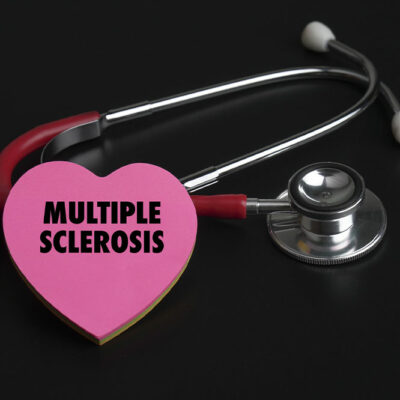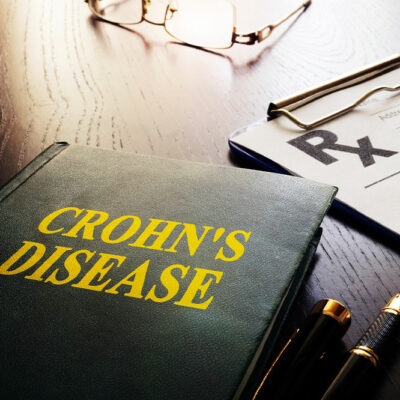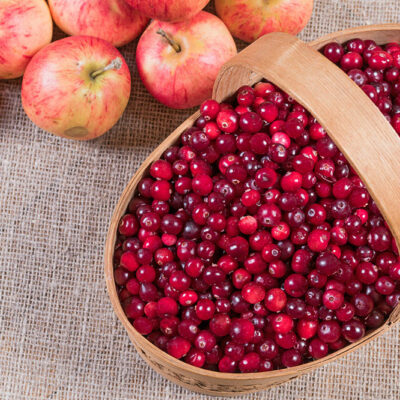
health
Alzheimer’s disease – 3 tips for caregivers
Alzheimer’s is a neurologic disorder that progressively causes the brain cells to deteriorate. This condition’s repercussions are dementia, which makes functioning independently quite cumbersome. One’s behavioral, social, and thinking skills are affected, and the country has about 5.8 million people over 65 suffering from the disease. Alzheimer’s worsens with age, as more than 80% of patients are aged 75 and above. Here are three tips caregivers should follow to slow the progression of this condition: Ensuring a balanced meal plan Caregivers need to remember that there is no special nutritional regime for patients in such cases. Healthy foods and a balanced meal plan are enough to keep them strong. The presence of certain nutrients that have neuroprotective effects. And leafy green vegetables like lettuce, cabbage, and kale can help against age-related cognitive decline. Vegetables like Brussels sprouts and cauliflower contain nutrients that act against Alzheimer’s symptoms, like vitamin B and carotenoids. Blueberries, blackberries, raspberries, and cherries are rich in anthocyanin, which helps protect the brain cells and reduce cognitive decline. These berries are also rich in anti-inflammatory agents like antioxidants and vitamins. Whole grains are rich in vitamin E, which lowers the risk of dementia. Antioxidant elements in this food reduce the buildup of beta-amyloid proteins, one of the factors responsible for the disease.
Read More 








